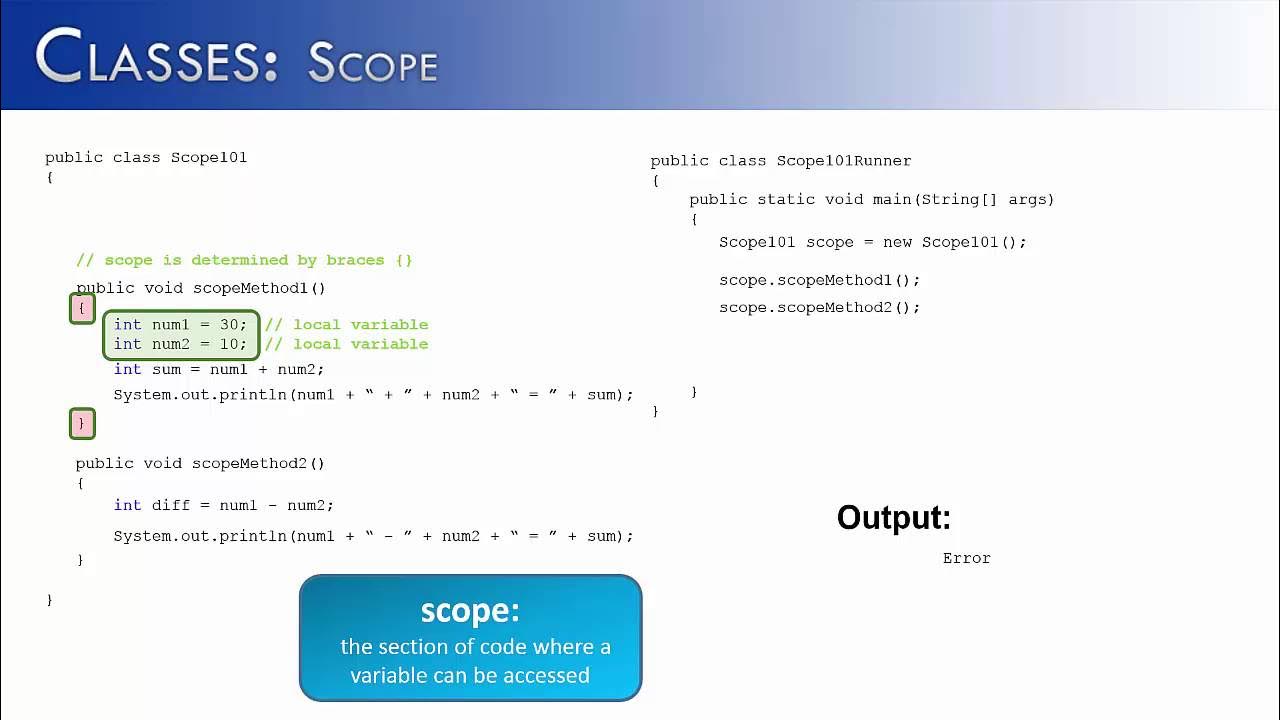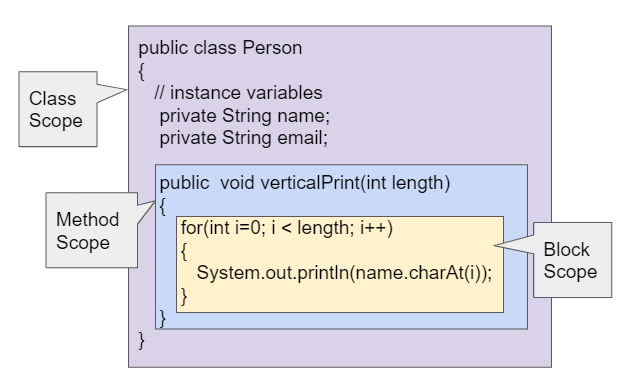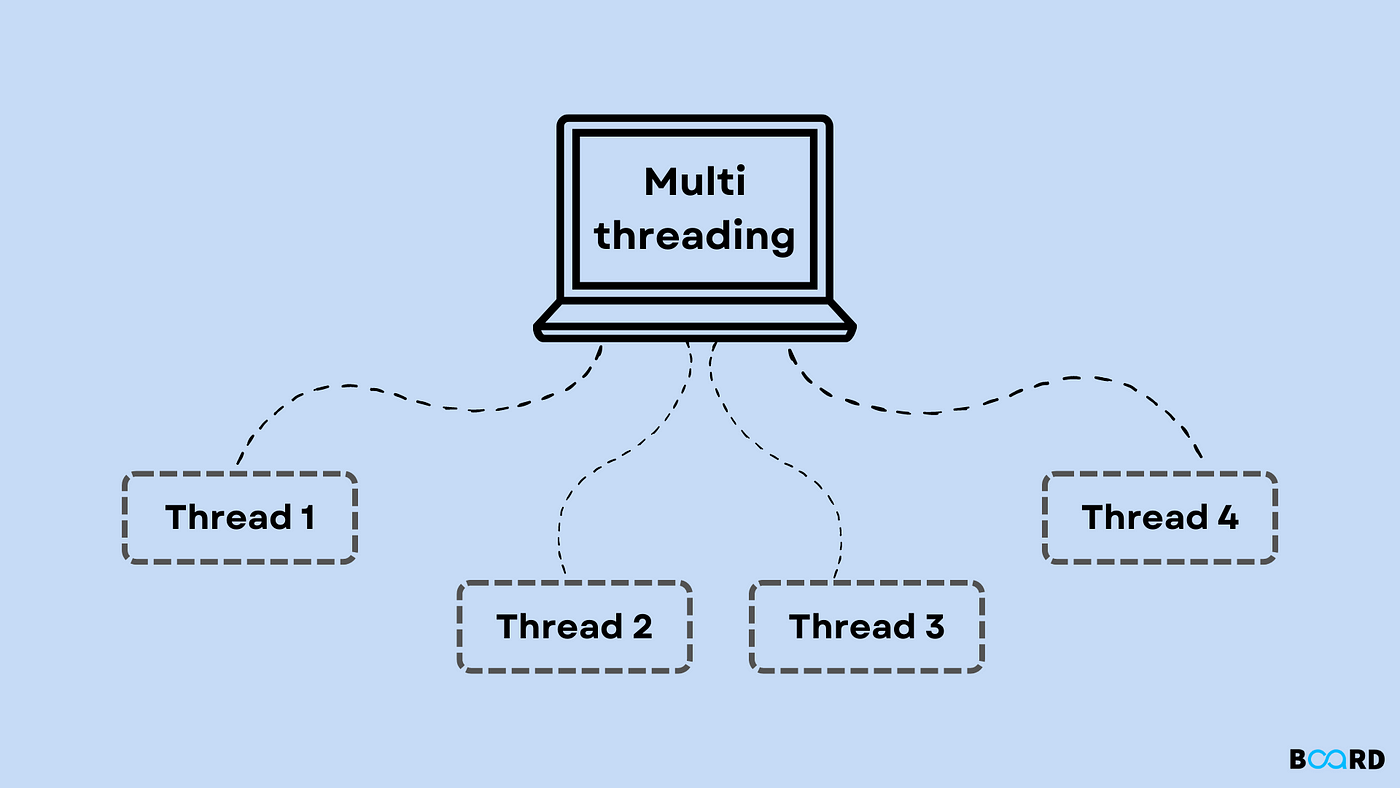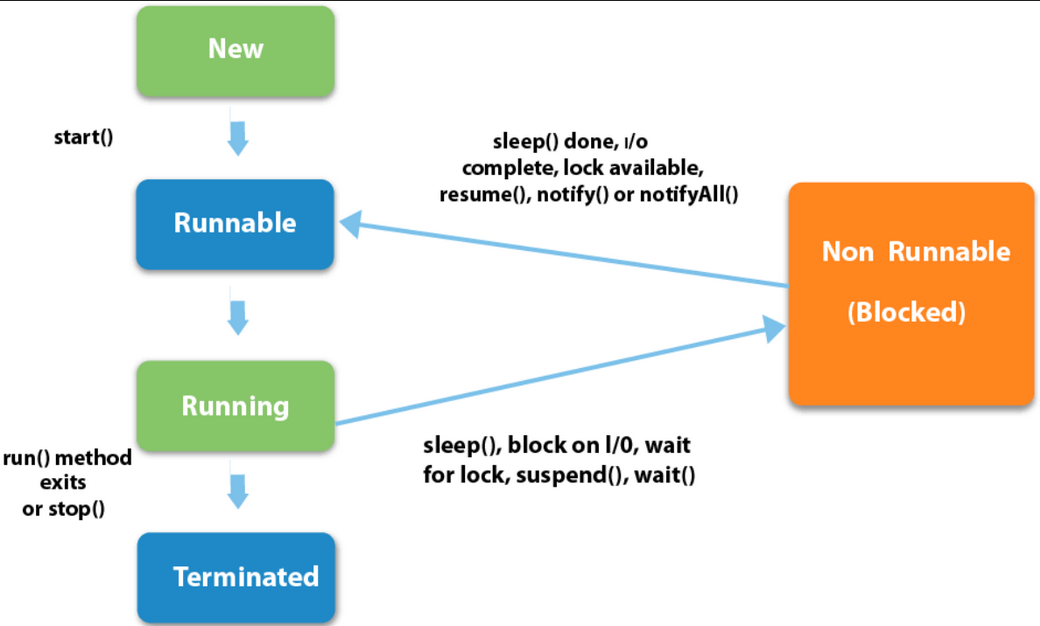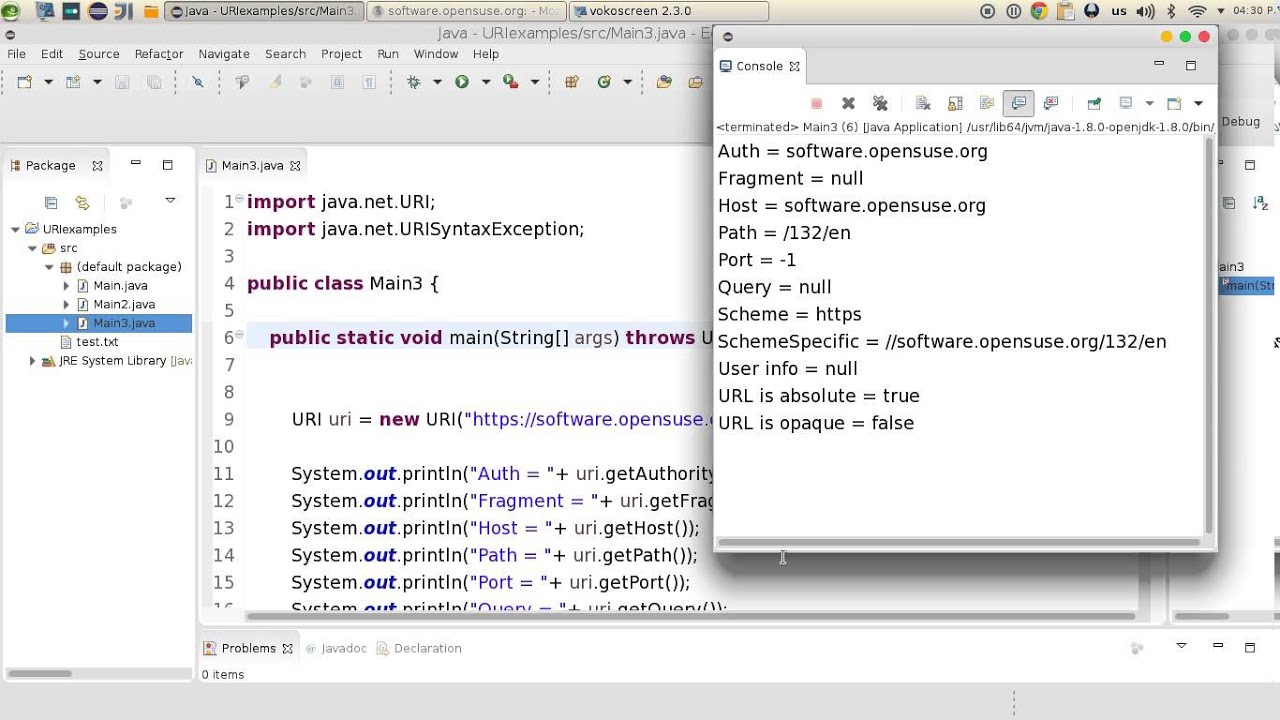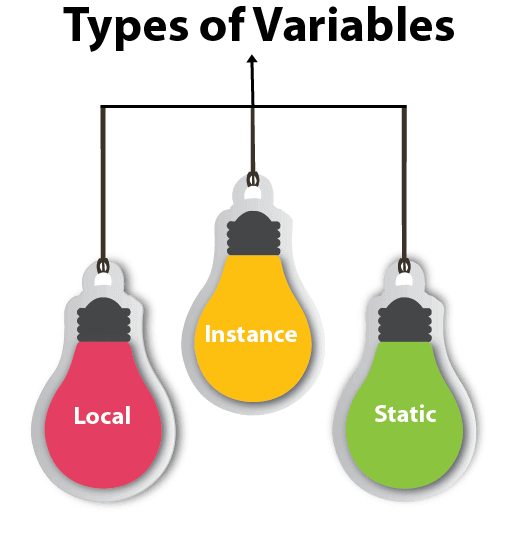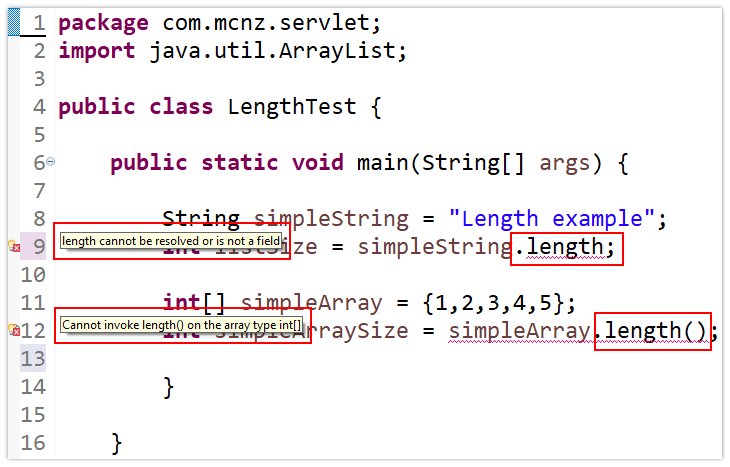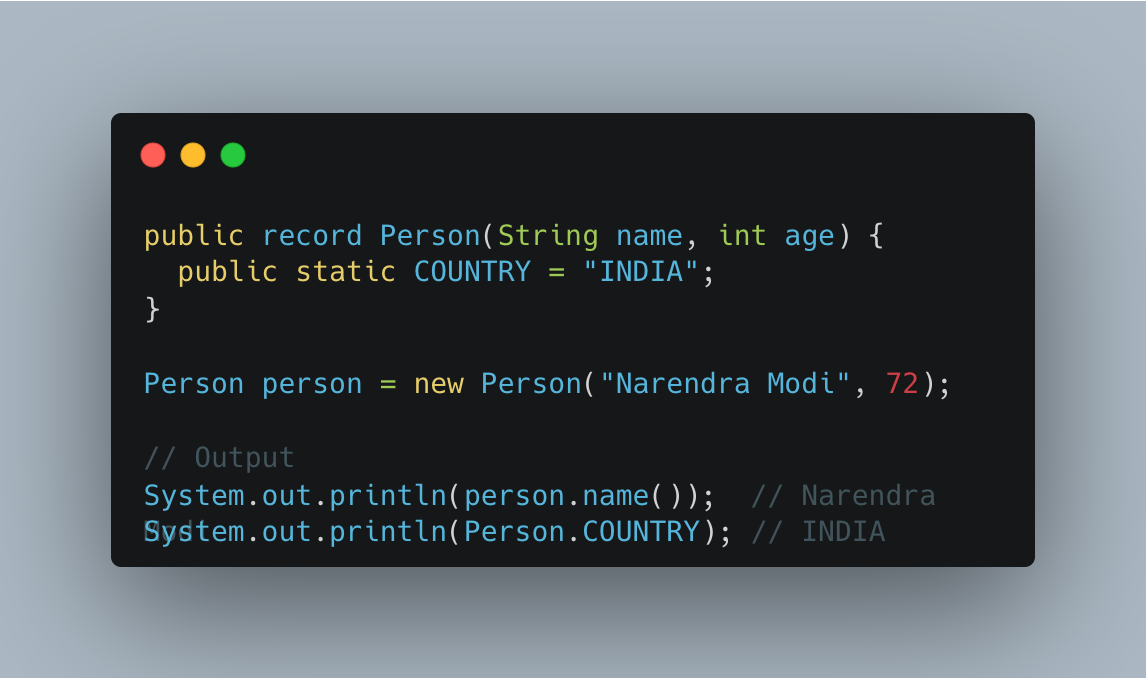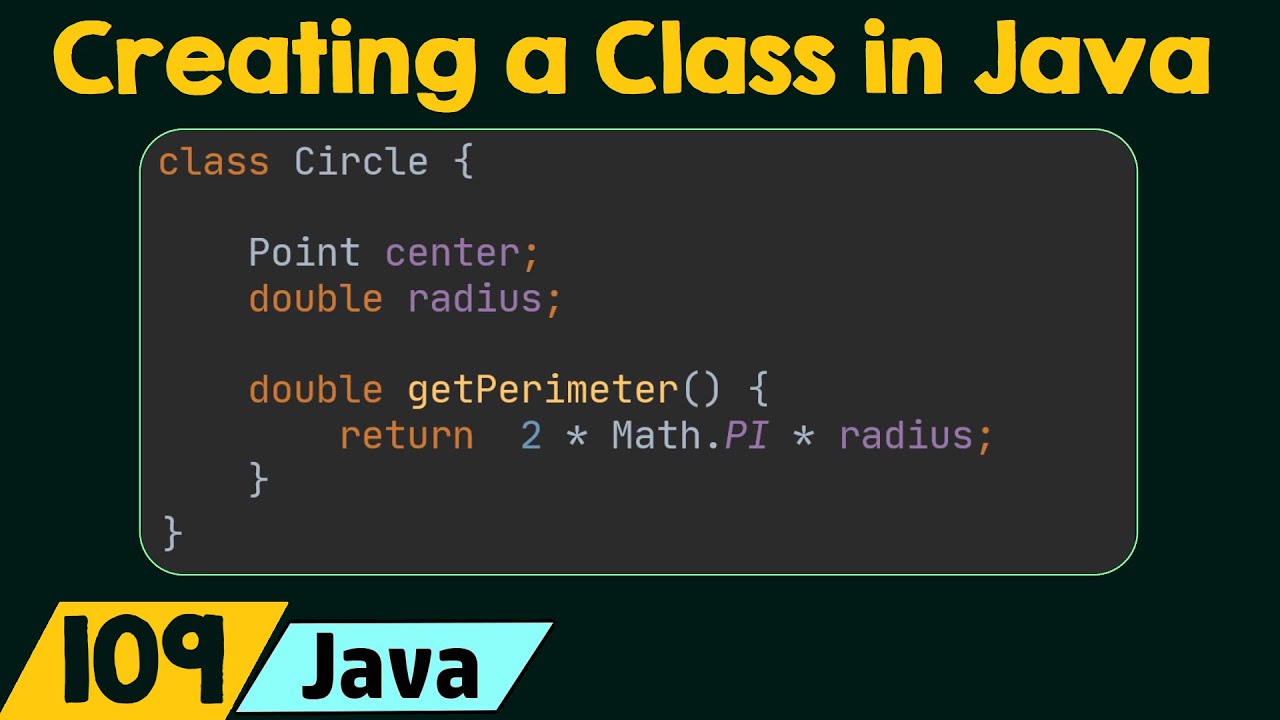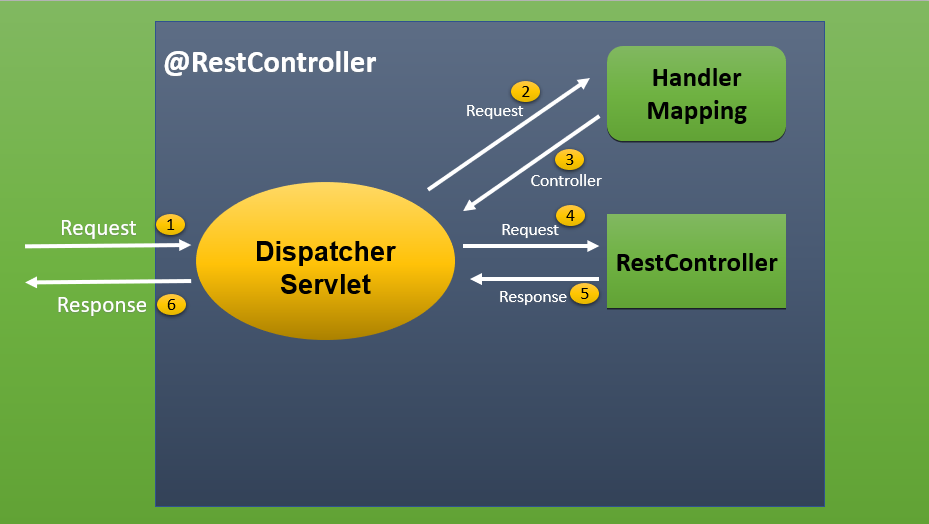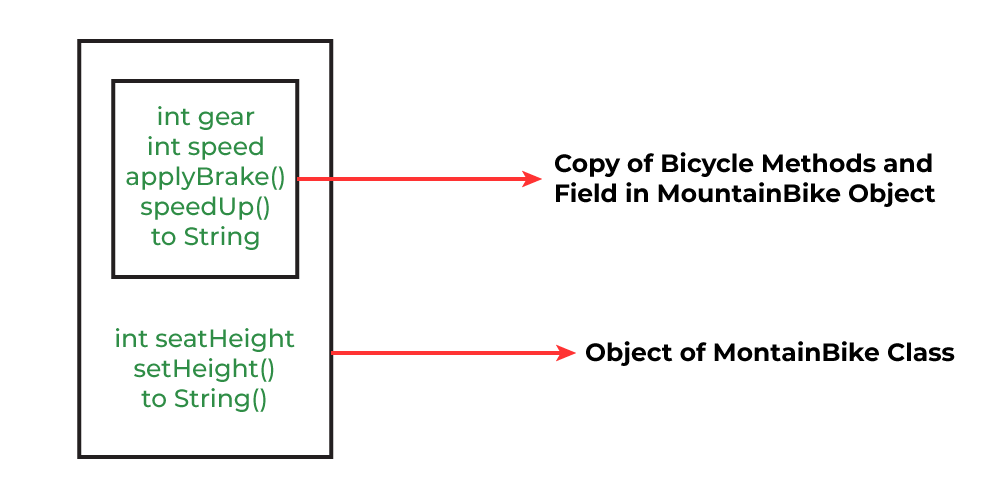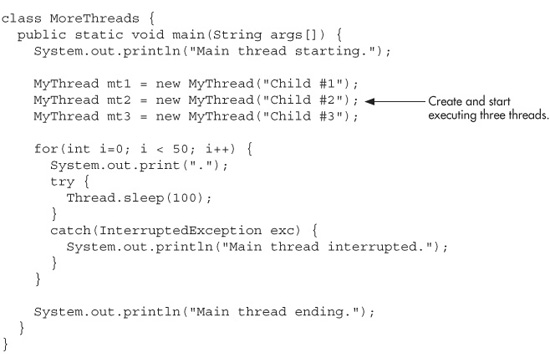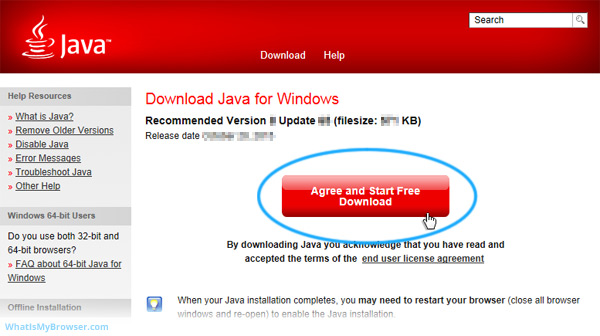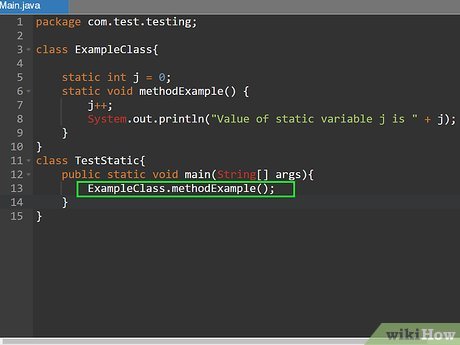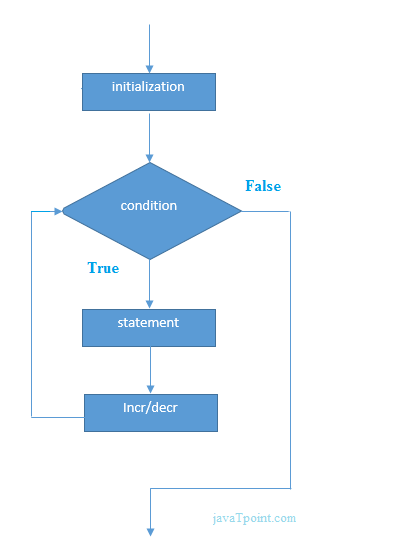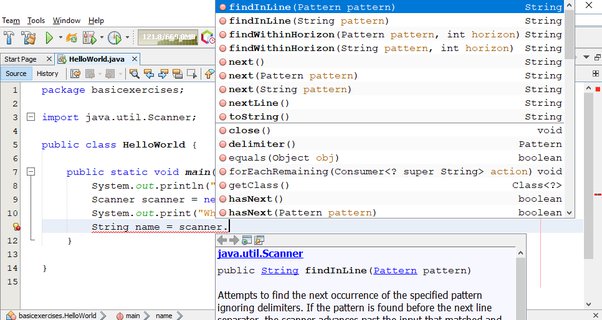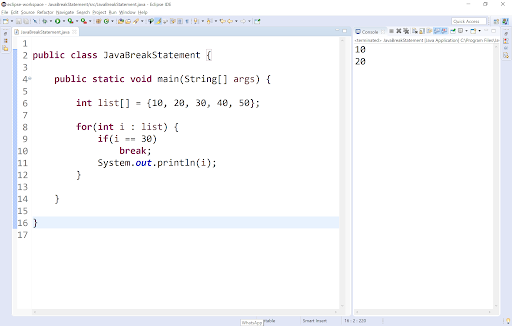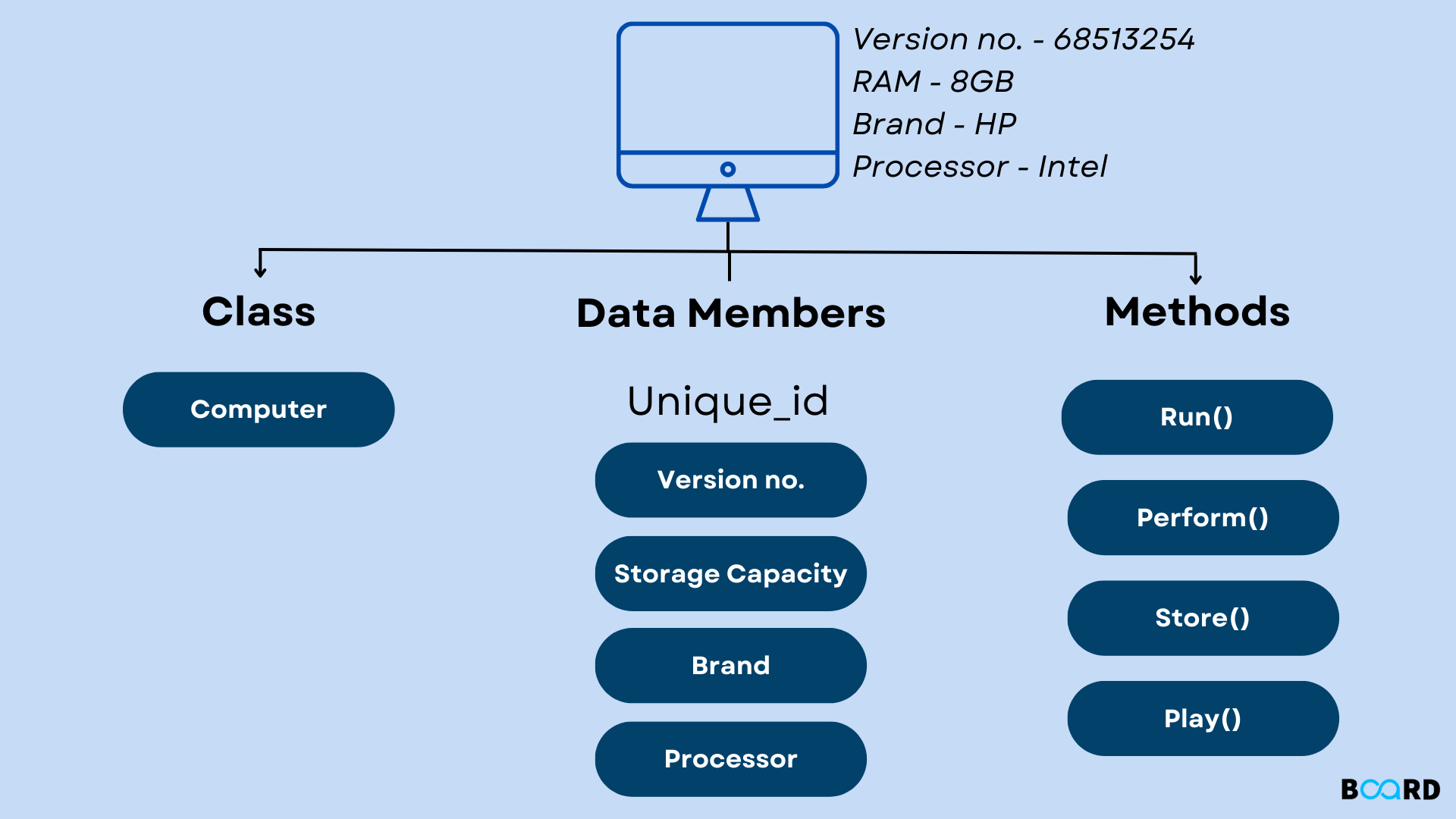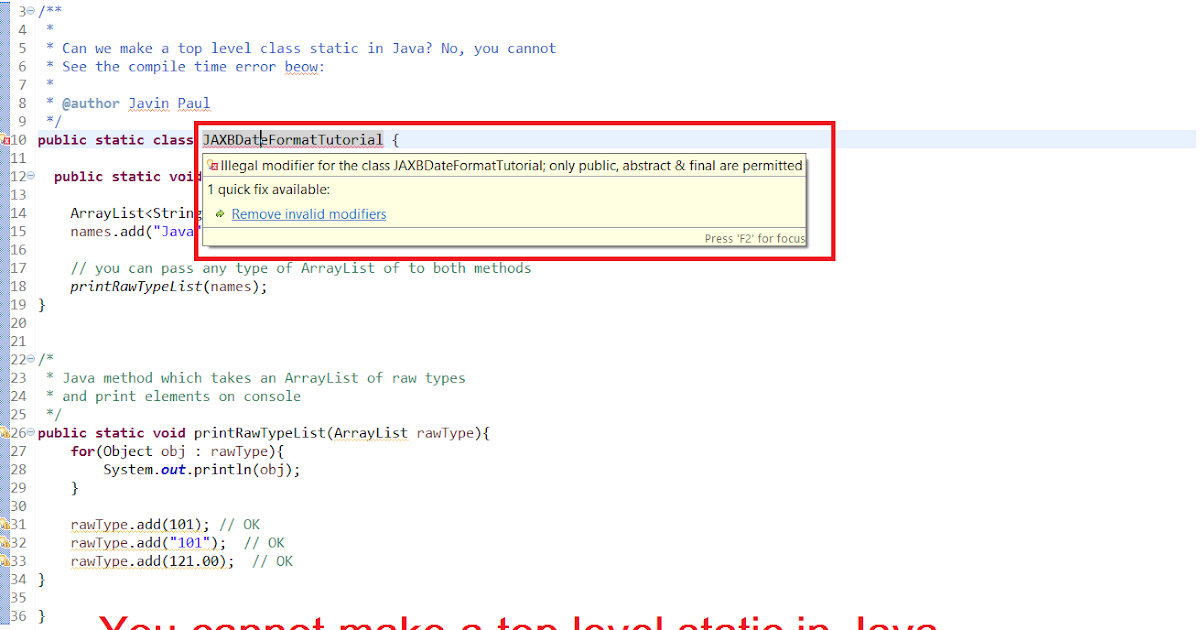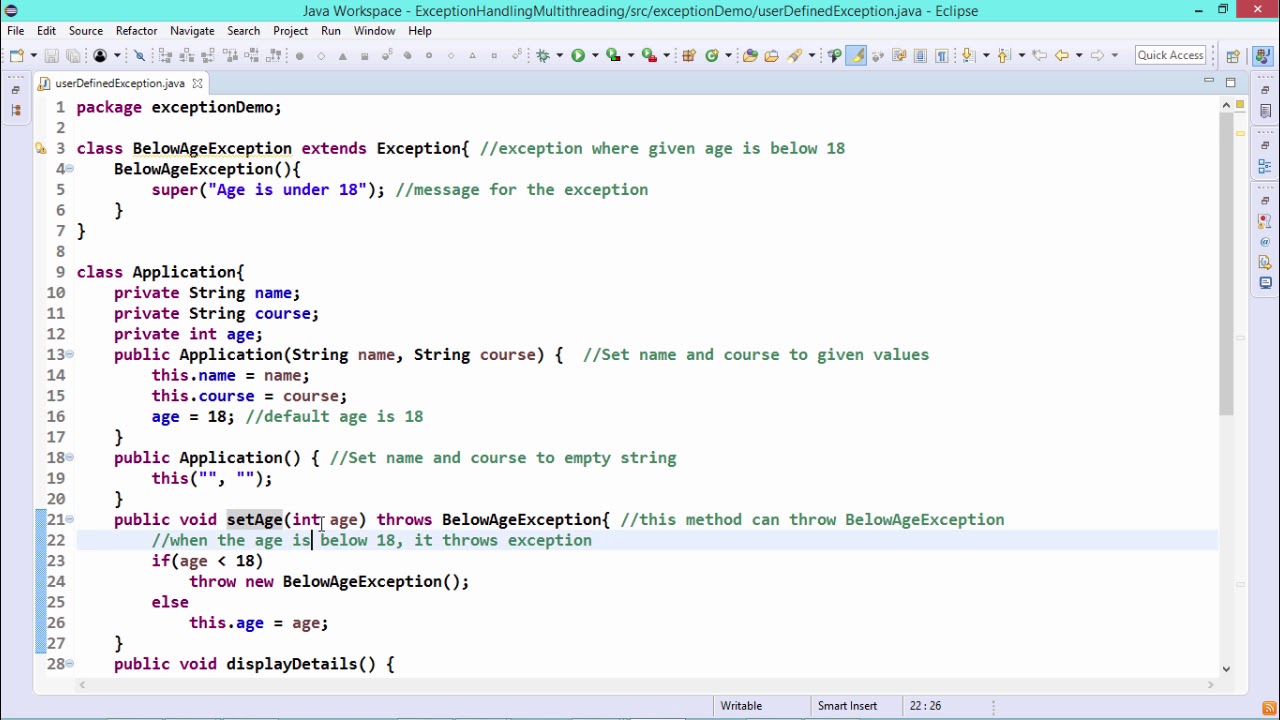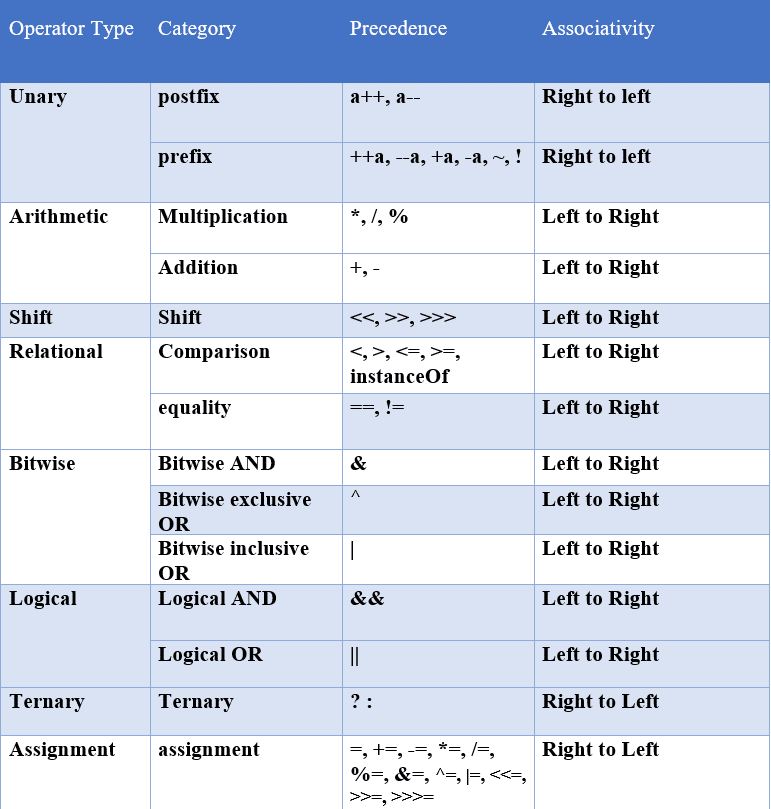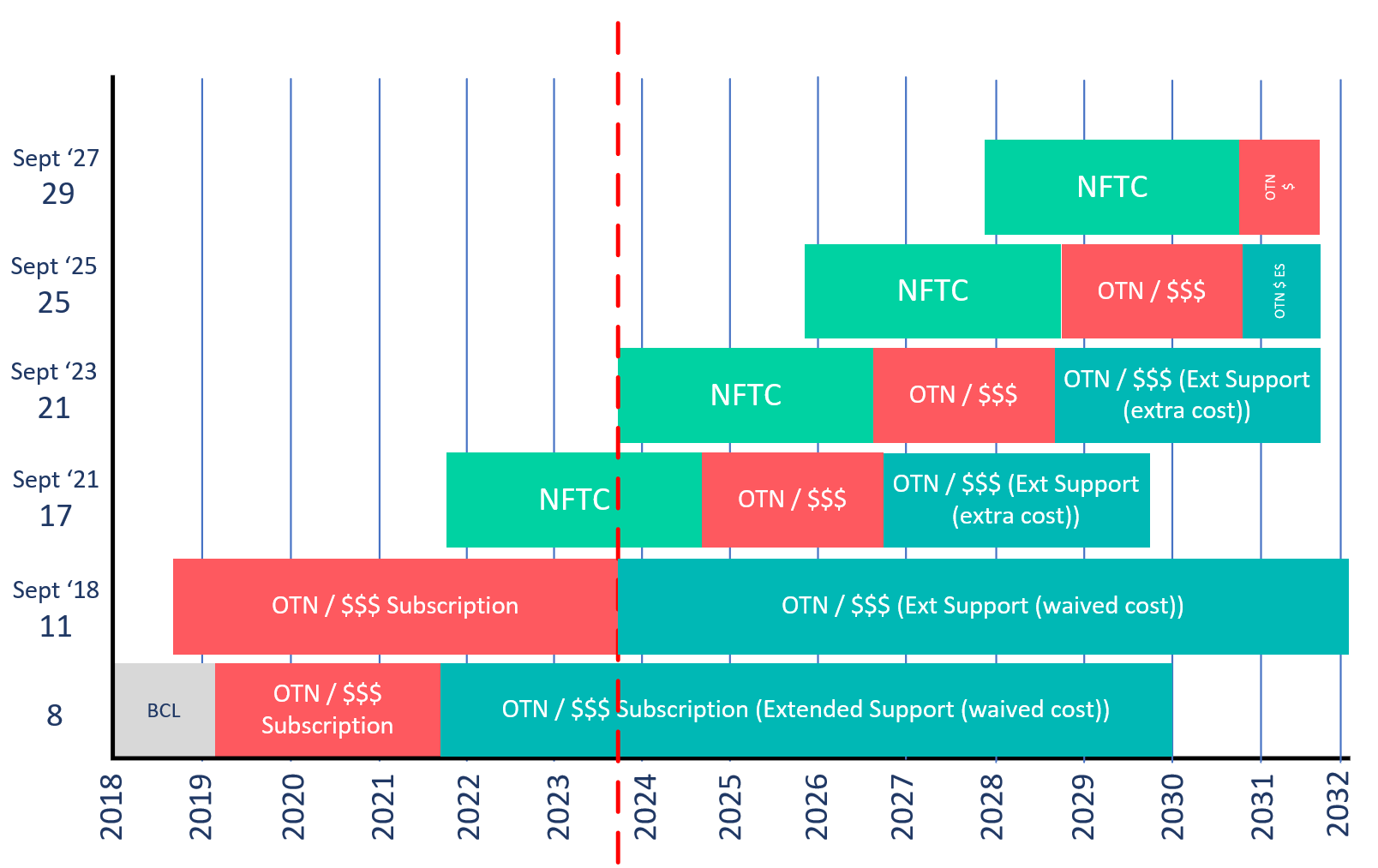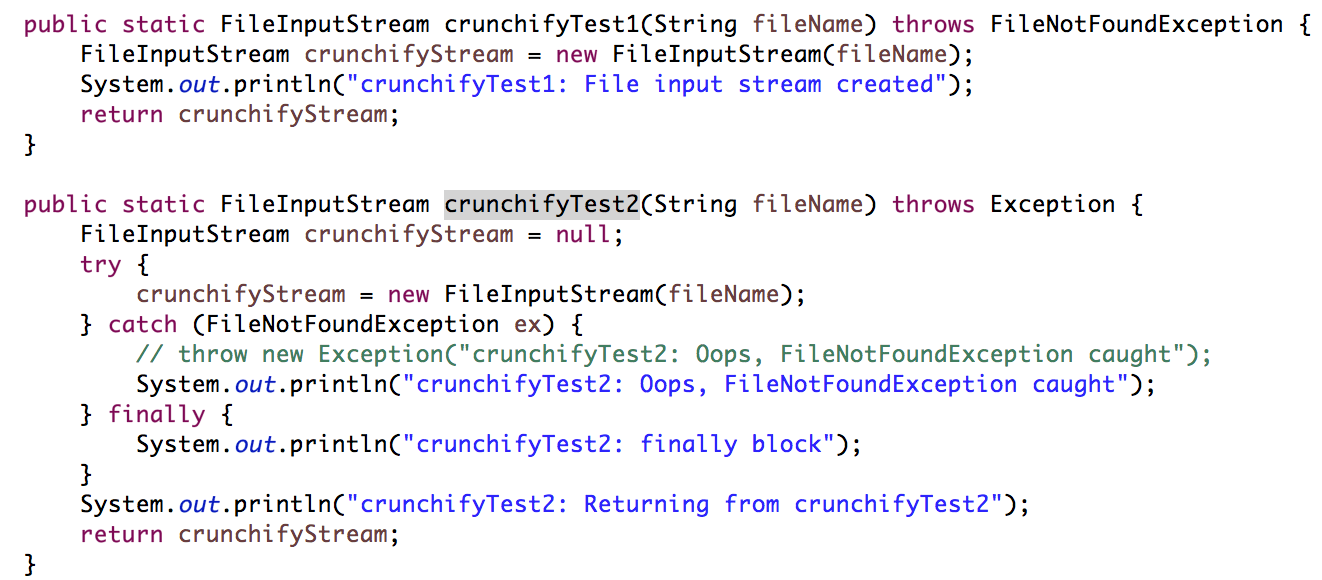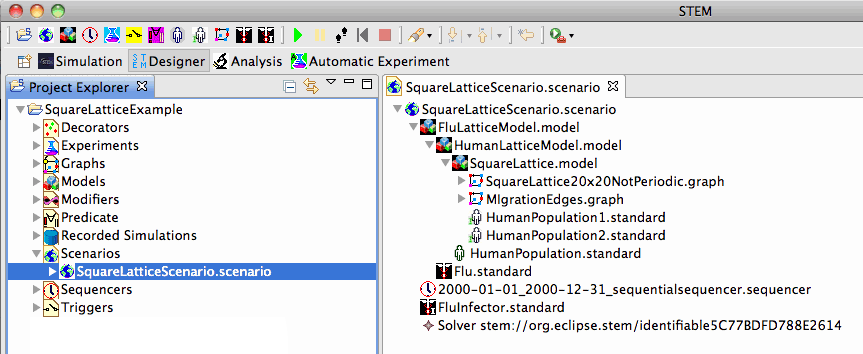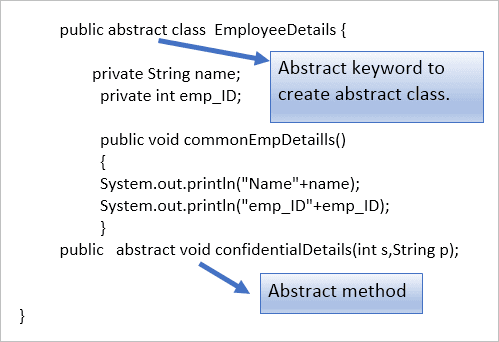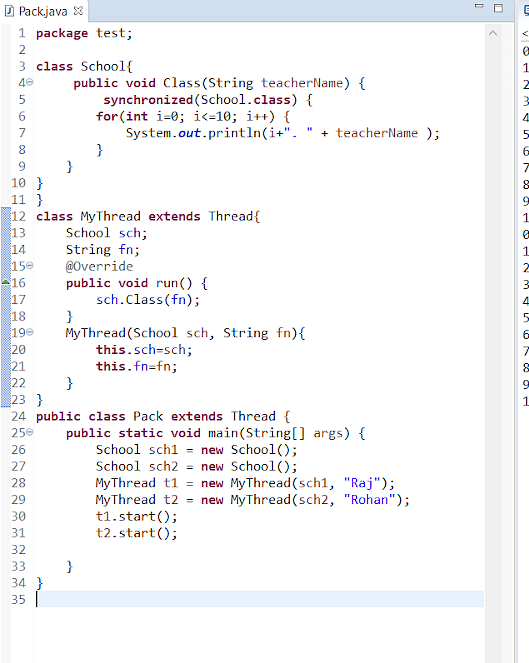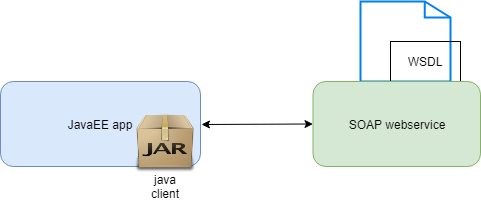What is the default class scope in Java?
What is the default class scope in Java?
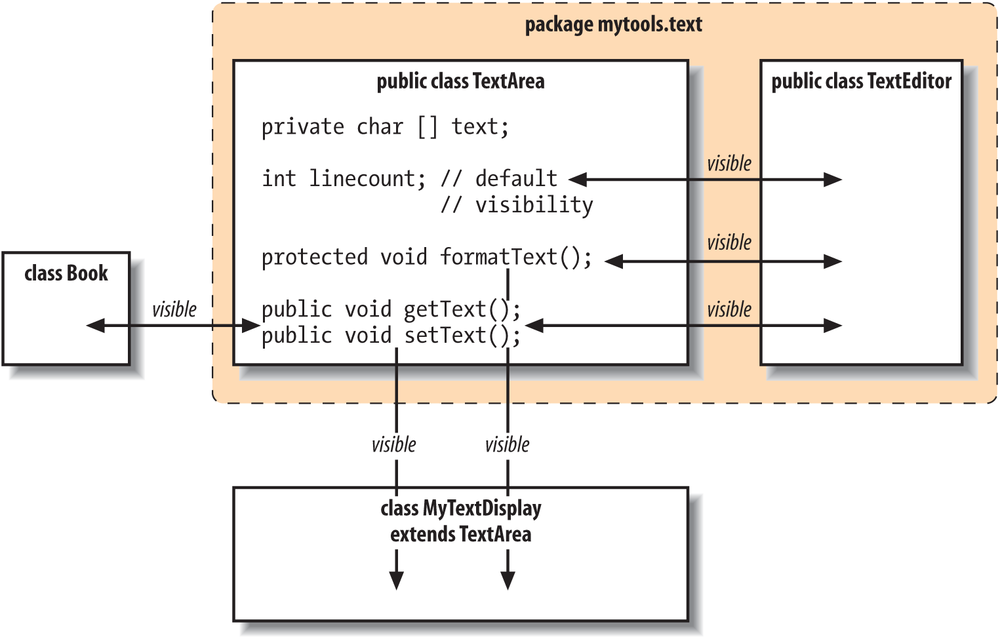
The default class scope in Java is package-private. This means that if a class does not have an explicit access modifier (such as public, private, protected), it will be accessible within its own package and to any other classes in the same package.
In Java, packages are used to group related classes together and provide a level of organization and encapsulation for code. When you declare a class without an explicit access modifier, it is said to have package-private or default access. This means that only classes within the same package can access the members (methods and fields) of that class.
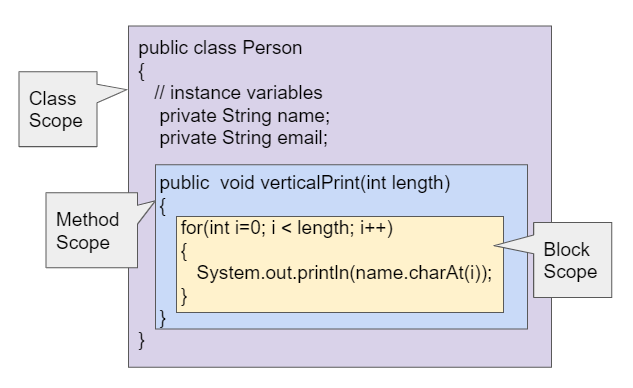
Here are some key points about the default class scope in Java:
Package-private: The most important thing to remember is that the default class scope in Java is package-private. This means that your class will be accessible within its own package, but not outside it. No explicit access modifier: To achieve the default class scope, you don't need to write any special keywords likepublic or private. Simply declare your class without an explicit access modifier, and it will be package-private by default. Access within the same package: As mentioned earlier, classes within the same package can access the members of a package-private class. Not accessible outside the package: On the other hand, classes outside the same package cannot access the members of a package-private class. No restrictions on subclasses: Package-private classes can be inherited by other classes in the same or different packages.
Here's an example to illustrate this:
package com.example;public class Parent {
void doSomething() {
System.out.println("Parent says something");
}
}
// In a different package
package another.package;
class Child extends Parent {
public void sayHello() {
doSomething(); // Accessing the method from the Parent class
}
}
In this example, Child is a subclass of Parent, and it can access the members (methods and fields) of Parent because they are in the same package. If we were to move Child to a different package, it would still be able to access the members of Parent because Parent has package-private access.
In summary, the default class scope in Java is package-private, which means that classes within the same package can access its members, but not outside the package. This provides a level of encapsulation and organization for code, while still allowing inheritance and reuse.
Types of class scope in java
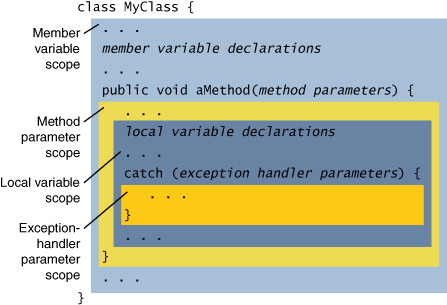
I'll make sure to respond in English for this question.
In Java, a class scope refers to the region where variables and methods are declared and can be accessed. A class in Java is a blueprint or template that defines the characteristics of an object, such as its properties (data) and behaviors (methods).
There are several types of class scopes in Java:
Class Scope: This is the outermost scope of a class, which includes variables and methods declared outside any method or block. Class-level variables are shared by all objects created from that class.Example:
Local Scope: This is the smallest scope, which includes variables and methods declared within a method or block. Local-level variables are not shared by other parts of the program.public class MyClass {private int x = 10; // class scope variable
public void myMethod() {
System.out.println(x); // accessing class scope variable
}
}
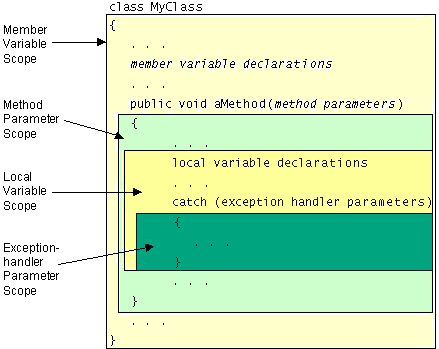
Example:
Static Scope: This is a special type of class scope that can be accessed using the class name followed by the dot operator (.) and the static member name.public void myMethod() {
int y = 20; // local scope variable
System.out.println(y); // accessing local scope variable
}
Example:
Block Scope: This is a type of local scope that includes variables and methods declared within a block (such as an if-statement or a loop).public class MyClass {public static int x = 10; // static scope variable
public void myMethod() {
System.out.println(MyClass.x); // accessing static scope variable
}
}
Example:
public void myMethod() {if (true) {
int z = 30; // block scope variable
System.out.println(z); // accessing block scope variable
}
}
In summary, class scopes in Java are categorized into four types: Class Scope, Local Scope, Static Scope, and Block Scope. Each type has its own rules for declaring variables and methods, as well as the accessibility of those declarations.
I hope this explanation helps!
